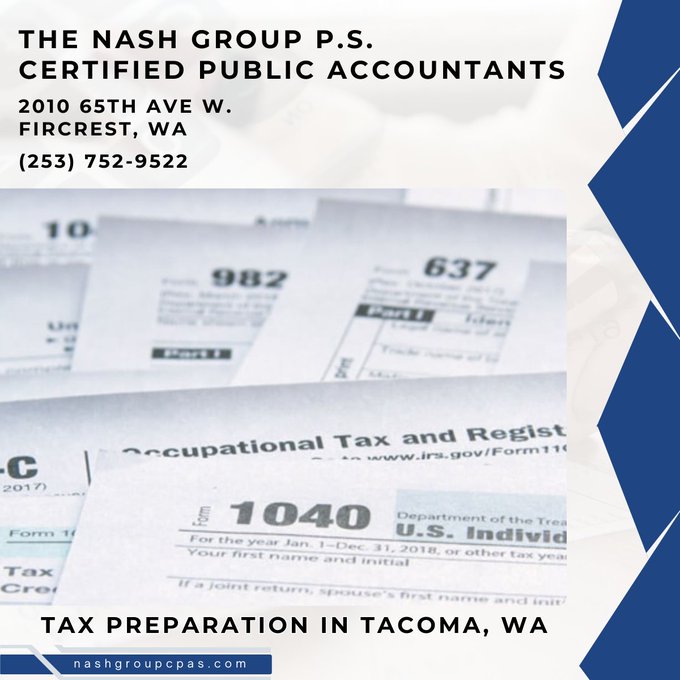Introduction
Navigating the world of taxes can feel a bit like wandering through a maze. With numerous forms, regulations, and ever-changing laws, it’s easy to get lost. But fear not! In this comprehensive guide, we’re going to break down the process of preparing your own simple tax return into manageable steps. By the end of this article, you’ll have a solid understanding of what’s involved in filing your taxes, how to prepare your return effectively, and answers to some common questions that often arise during tax season.
" width="560" height="315" frameborder="0" allowfullscreen>
Whether you’re looking to save money on tax preparation costs or simply enjoy the satisfaction of doing it yourself, you’ll find that preparing your own simple return is entirely feasible. Ready to dive in? Let’s go!
" width="560" height="315" frameborder="0" allowfullscreen>
A Step-by-Step Guide to Preparing Your Own Simple Return
Understanding Tax Preparation: What Does Tax Preparation Include?
Tax preparation is more than just filling out forms. It involves gathering financial records, calculating taxable income, determining deductions and credits, and ultimately submitting your return accurately to avoid penalties.
1. Gathering Financial Records
The first step in preparing for tax season is collecting all necessary documentation. This includes:
- W-2 Forms: Provided by your employer detailing earnings and withheld taxes. 1099 Forms: Typically for freelance or contract work. Receipts: For any deductible expenses you may have incurred throughout the year. Bank Statements: To verify income and expenses.
Having these documents organized will streamline the process significantly.
2. Understanding Deductions and Credits
Deductions reduce your taxable income while credits directly reduce your tax liability. Familiarize yourself with common deductions such as:
- Standard deduction Itemized deductions (medical expenses, mortgage interest)
And credits like:
- Earned Income Tax Credit (EITC) Child Tax Credit
Knowing what you qualify for can assist you in maximizing your return.
3. Choosing the Right Filing Status
Your filing status affects your tax rates and eligibility for certain deductions and credits. The five statuses include:
Single Married Filing Jointly Married Filing Separately Head of Household Qualifying Widow(er)Select the one that best fits your situation.
How Much Does US Tax Preparation Cost?
The cost of tax preparation varies widely depending on factors such as complexity, location, and whether you choose DIY methods or professional help.
DIY vs Professional Preparers
If you're opting for DIY preparation using software like TurboTax or H&R Block, expect costs ranging from $0 for basic services (with limitations) up to $150 or more for advanced features.
On the other hand, hiring a CPA can range from $200 to over $1,000 depending on complexity—so think about how much time you want to invest versus paying someone else.
Can I Prepare My Own Taxes? Yes!
Absolutely! Many people successfully file their own taxes every year using various software options or even pen-and-paper methods if they’re comfortable with it.
Benefits of DIY Preparation
- Saves money on fees. Provides a deeper understanding of personal finances. Allows control over every detail of your return.
However, be mindful if your situation is complex; consulting a professional can be beneficial.
How Long Does It Take to Get Your Tax Return?
Once submitted electronically, most taxpayers can expect their refunds within 21 days if there are no issues with their return. Paper returns will take longer—upwards of six weeks in some cases.
Exploring Simple Returns: What is a Simple Tax Return?
A simple tax Income Tax Preparation The Nash Group P.S. Certified Public Accountants return typically refers to Form 1040 or 1040A and is used by individuals with straightforward financial situations—like salaried employees without significant investments or business income.
Who Should File a Simple Return?
If you meet criteria such as:
- Earning less than $100,000 per year Claiming only standard deductions Not itemizing expenses
You likely qualify for a simple tax return which simplifies both filing and processing times!
FAQs About Preparing Your Own Simple Return
1. How Much Is IRS Tax?
IRS tax rates vary based on income levels and filing status but generally range from 10% to 37% for individuals.
2. What Happens If You Don’t File Your Taxes But Don’t Owe Anything?
Even if no taxes are owed, failing to file could lead to complications later on including loss of potential refunds or credits.
3. Do I Have To File Taxes If I Made Less Than $5,000 Self-employed?
Yes! Even if under that threshold, self-employed individuals are required to report their earnings unless they fall below specific exemptions set by the IRS.
4. Can I Get A Tax Refund If My Only Income Is Social Security?
In many cases yes; however eligibility depends on total income levels including any additional sources outside Social Security benefits.
5. What Is The Minimum Income To Not File Taxes In 2024?
This amount fluctuates annually based on inflation adjustments but typically hovers around $12,550 for single filers under https://jsbin.com/ 65 years old.
6. How Much Do Most CPAs Charge?
Most CPAs charge between $150-$400 per hour based on experience level and complexity involved in individual cases; some may offer flat fees instead!
Conclusion
Preparing your own simple tax return doesn’t have to be an overwhelming task! With careful planning and organization combined with knowledge about deductions and credits available—filing becomes straightforward rather than daunting!
Remember that while saving money by doing it yourself is tempting—consider reaching out for professional help if complexities arise beyond comfort levels; this keeps everything compliant while also ensuring maximum benefits from filings!
By following this step-by-step guide along with thorough research tailored specifically towards personal circumstances—you'll be well-equipped come tax season! Happy filing!

